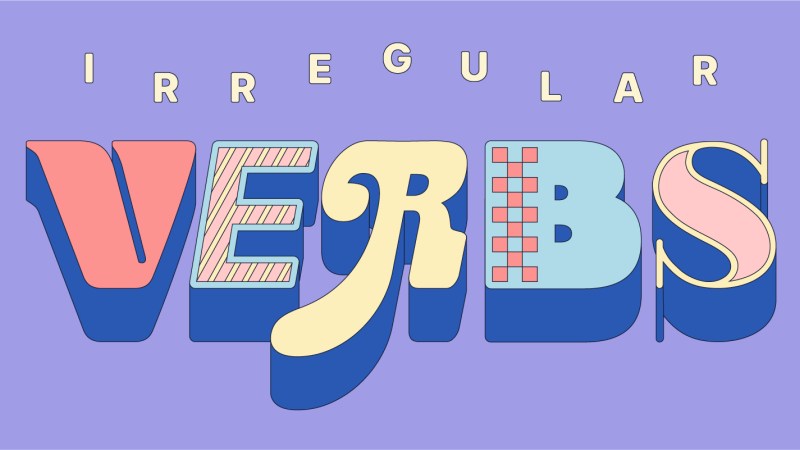
现在完成时:通常不去关注事件发生的时间
现在完成时可以用来表达最近的事件和人们的经历,但其发生的时间通常不会去提及。
I’ve been to London. 我去过伦敦。
She has gone to the clinic. 她已经去诊所了。
I’ve answered ten surveys so far. 到目前为止,我已经回答了十次调查。
一般过去时:我们会说明或是询问事情发生的时间点
一般过去时是用来表达在过去已经完成的行为。我们通常会说明或是询问事情发生的时间点。
We went to London last month.我们上个月去了伦敦。 (不会说:We have been to London last month .)
She went to the clinic last week. 她上周去了诊所。
When did you answer the survey? 你什么时候回答调查的?
在对话中
当在对话中提及最近的事件或人们的经历时会使用现在完成时,但如果会继续讲到或是询问到事件的细节,则要使用一般过去时。
Tom: I’ve been to the cinema. 汤姆:我去过电影院。
Linda: What did you see? 琳达:你看到了什么?
Tom: I saw a very good film by… 汤姆:我看了一部很好的电影……
Mike: Oh, you’ve broken your leg! 迈克:哦,你摔断了腿!
Amy: Yes, I have. 艾米:是的。
Mike: How did it happen? 迈克:它是怎么发生的?
Amy: It happened yesterday while I was riding my bike. 艾米:昨天我骑自行车时发生的。
搭配 how long, for 和 since
现在完成时加上how long, for, since 可以表达在过去发生的行为或情境在现在仍然持续或是为事实。
一般过去时加上how long, for, since 代表某行为或情境在过去开始并结束。
她在香港生活了5年。
She‘s lived in Hong Kong for 5 years. (现在仍然在香港生活)
She lived in Hong Kong for 5 years. (现在已经不在香港生活了)
你在政府工作了多了?
How long have you worked in the government? (现在仍在政府工作)
How long did you work in the government? (现在已不在政府工作了)
英文表示过去的事件或经历 – 练习题



Comments